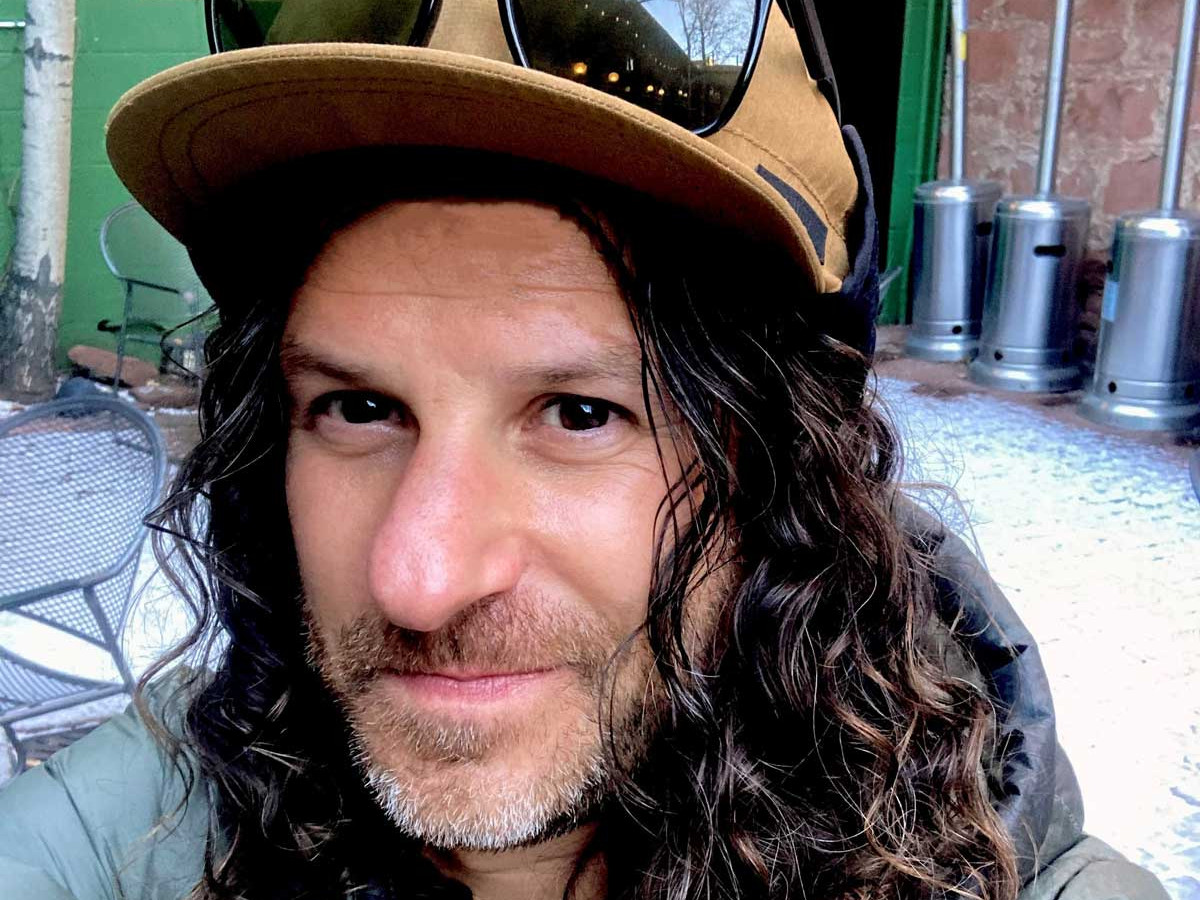My research explores foodways – the ways that people produce, prepare, cook, consume, present, and share food. The foods that we eat in daily meals and on special occasions are important aspects of our identities, and this was also the case in the ancient past. Much of my research has focused on better understanding the sophisticated foodways and rich culinary histories of farmers Indigenous to the North American Southwest. Geographically, my work has focused on the arid uplands of what is now northern Arizona, southwestern Colorado, northern New Mexico, and southeastern Utah. I explore ancient foodways through the study of modern and ancient plant parts – a subdiscipline of archaeology known as paleoethnobotany or archaeobotany.
As a researcher that is not Indigenous to the region that I study, I embrace an ethical obligation to “do archaeology” in service of, and in collaboration with, the descendants of the Ancestral peoples that constructed, interacted with, and thrived in the landscapes, ancient villages, and communities of the Mesa Verde region and beyond. Whether intentional or not, archaeology in North America has been dominated by non-Indigenous researchers claiming expertise and ownership over history and heritage that is not their own, and has often excluded Indigenous people from telling their history in their own words. My approach to archaeology centers on direct and sustained partnerships with descendant communities, and, when deemed appropriate by descendant communities, incorporating Indigenous knowledge and methods into the practice of archaeology. These community-based participatory research practices promote Indigenous sovereignty, amplify Indigenous voices in North American archaeology, and situate archaeology within a more respectful and engaged practice.
Select Publications:
2022 Challenges and Prospects of Richness and Diversity Measures in Paleoethnobotany in Defining and Measuring Diversity in Archaeology.
2022 Volcanic Climate Forcing, Extreme Cold and the Neolithic Transition in the Northern US Southwest in Antiquity.
2021 Large Scale Patterns in the Agricultural Demographic Transition of Mesoamerica and Southwestern North America in American Antiquity.
2021 Ground Stone Technology and Routine Food Processing at Paso de la Amada In Paso de la Amada: An Early Mesoamerican Ceremonial Center.
2021 The End of the Archaic in the Soconusco Region of Mesoamerica: A Tipping Point in the Local Trajectory Toward Agricultural Village Life, pp. 481-501 in Preceramic Mesoamerica.
2021 The Sustainability of Hopi Agriculture. In _Becoming Hopi: A History_, pp. 113-132.
2021 Kiikiqö: Early Communities. In _Becoming Hopi: A History_, pp. 161-200.
2019 Early Pueblo Period Population Aggregation and Dispersal in the Petrified Forest Region, East-Central Arizona in Kiva.
2018 Diversity-Disturbance Relationships in the Late Archaic Southwest: Implications for Farmer-Forager Foodways in American Antiquity.

